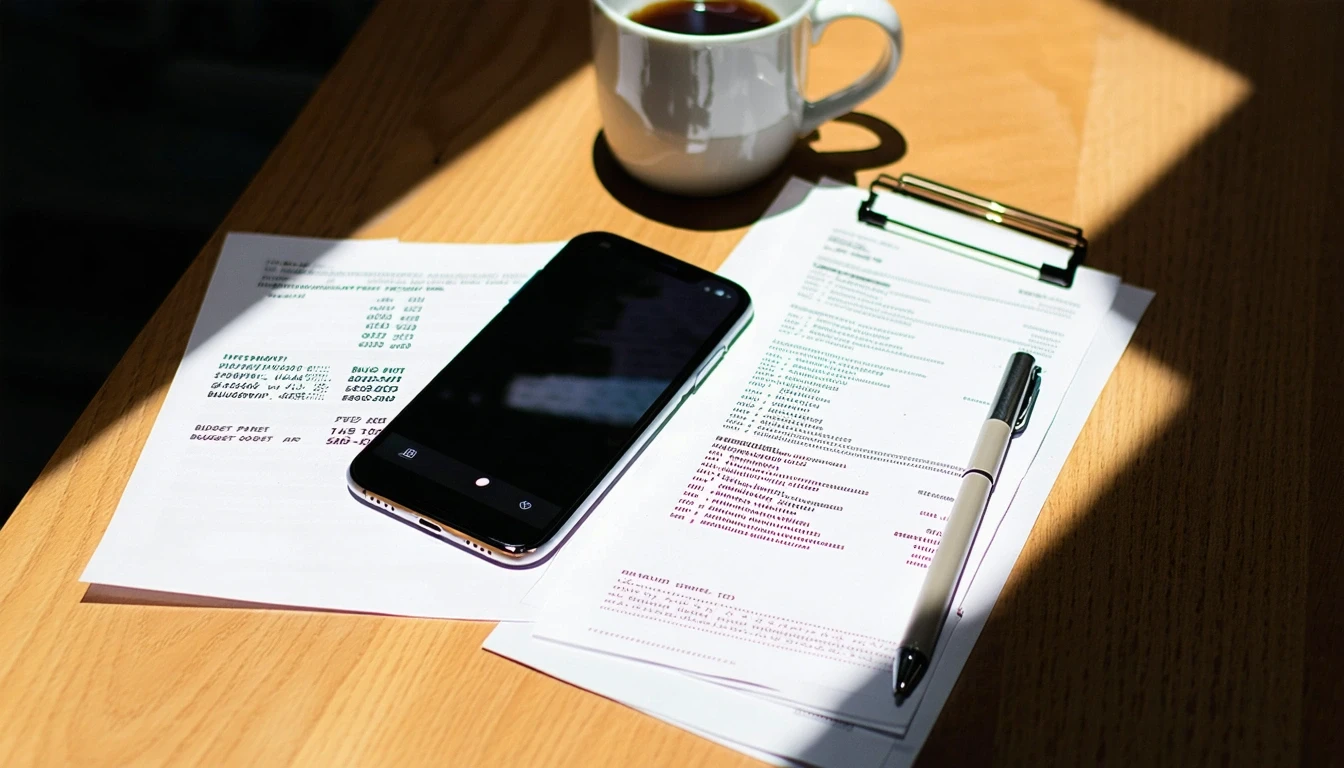
Budgeting Smarter in Washington
Planning your monthly budget in Washington can feel daunting, especially with the city’s high cost of living. In 2025, the median household income in Washington is $112,523, but housing and utilities alone often account for more than 50% of a household’s monthly expenses. Whether you’re a new resident or a long-time Washingtonian, understanding how your spending aligns with local averages can help you budget more effectively.
To provide a clearer picture, we’ve compiled sample monthly budgets for three common household types in Washington:
- 🙋♀️ Jasmine, a 27-year-old single renter
- 👫 Sam & Elena, a dual-income couple renting together
- 👨👩👧👦 The Ortiz Family, homeowners with two children
These personas illustrate how expenses typically break down across different lifestyles and income levels in the District.
What Real Budgets Look Like in Washington
| Monthly Expenses | Jasmine (Single Renter) | Sam & Elena (Couple Renting) | The Ortiz Family (Homeowners) |
|---|---|---|---|
| Rent/Mortgage | $1,895 | $2,650 | $3,950 |
| Utilities | $185 | $245 | $415 |
| Food | $400 | $850 | $1,350 |
| Transportation | $175 | $325 | $475 |
| HOA/Fees | $50 | $150 | $250 |
| Miscellaneous | $600 | $1,100 | $1,500 |
| Total Monthly Costs | $3,305 | $5,320 | $7,940 |
Methodology: Based on 2025 data from national databases and local cost feeds. Figures are rounded; actual expenses vary by household and neighborhood.
Biggest Cost Drivers (Including Hidden Fees)
Housing dominates most budgets in Washington, with the median rent for a one-bedroom apartment at $2,195 as of 2025. Utilities are another significant expense, averaging $185 for a single renter but exceeding $400 for larger households. While the overall cost of living in DC is 56% above the national average, grocery prices are only about 8% higher, offering some relief.
However, several hidden costs can catch residents off guard, such as:
- Parking permits and street cleaning fees
- Seasonal heating and cooling bills
- Renters insurance and security deposits
- Pet rent and waste removal charges
These hidden expenses can add $150–$300 per month, pushing already tight budgets to the brink. Planning ahead is crucial to avoid being blindsided.
Tips to Stretch Your Budget Further
While Washington’s high costs can feel insurmountable, small changes can yield significant savings over time. Opting for public transit instead of driving can trim $100+ from your monthly expenses, especially with gas prices at $3.45 per gallon. Shopping at discount grocery stores and buying in bulk also help keep food costs manageable.
When it comes to utilities, simple adjustments go a long way:
- Use energy-efficient LED bulbs and appliances
- Adjust your thermostat by a few degrees
- Seal drafts around windows and doors
- Take advantage of off-peak electricity rates
🏆 Tip: With electricity at 14.2¢/kWh, switching to off-peak billing in Washington can save $20-30 per month.
FAQs About Monthly Budgets in Washington
Can you live in Washington on $3,000 a month in 2025?
While doable, living on $3,000 a month in Washington requires strict budgeting. Expect to spend at least half on housing, leaving little wiggle room for other expenses. Sharing costs with roommates makes this budget more feasible.
What is a realistic monthly budget for a single person in Washington?
For a comfortable lifestyle, single renters should budget at least $3,300 per month in 2025. This breaks down to roughly $1,900 for rent, $185 for utilities, $400 for groceries, and $175 for transportation, plus extra for savings and discretionary spending.
How much does a family of four spend each month in Washington?
A typical family of four in Washington spends around $7,900 per month in 2025. Housing ($3,950), food ($1,350), and childcare ($1,500+) are the largest expenses. Utilities, transportation, and miscellaneous costs add another $1,100+ to the monthly bill.
Do utilities make up a big part of the monthly budget in Washington?
Yes, utilities are a substantial expense for Washingtonians. Single renters often pay $150-$200 per month, while larger households can expect bills upwards of $400. These costs fluctuate seasonally as heating and cooling needs change.
Planning Your Next Step
Navigating the high cost of living in Washington requires careful planning and continuous adjustment. Housing and utilities will likely be your biggest budget items, so focus on finding an affordable home that meets your needs. Setting aside $300-$500 for groceries and $150-$250 for transportation is a smart starting point.
For a deeper dive into the numbers, check out our detailed guides on housing, food, and transit costs in Washington. With the right strategy and a bit of flexibility, you can make the most of your budget while still enjoying all the District has to offer.
